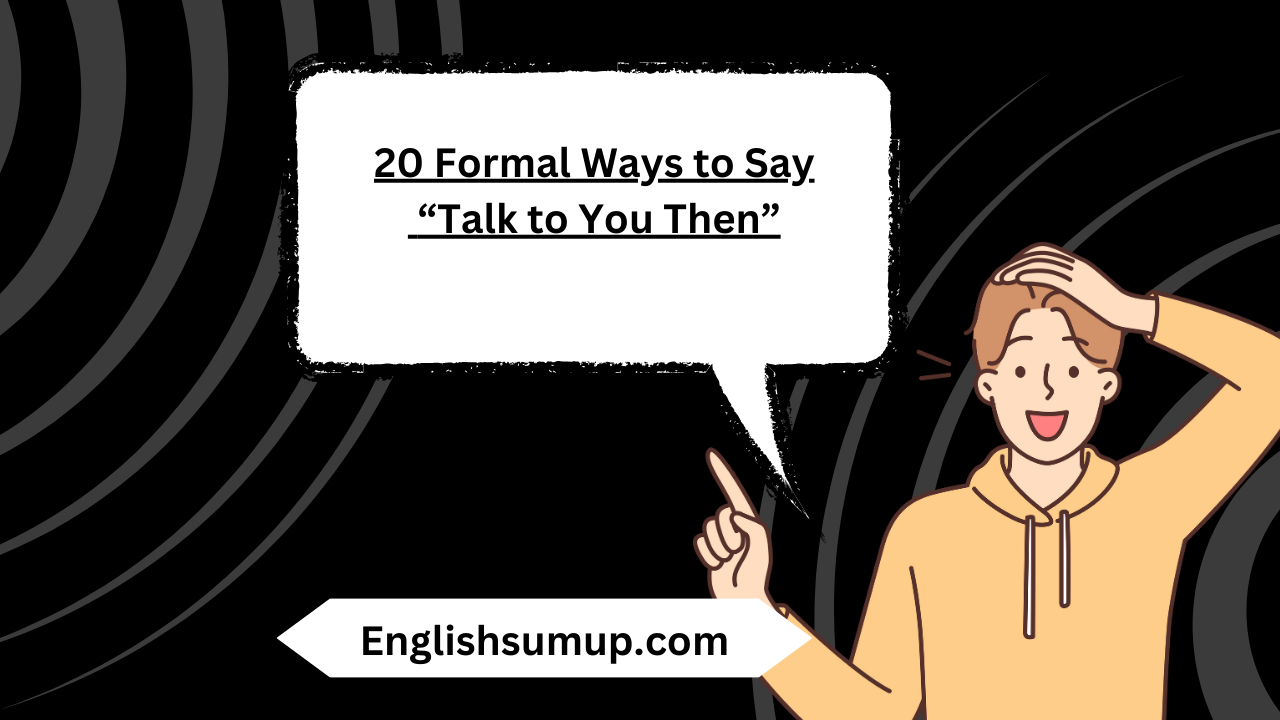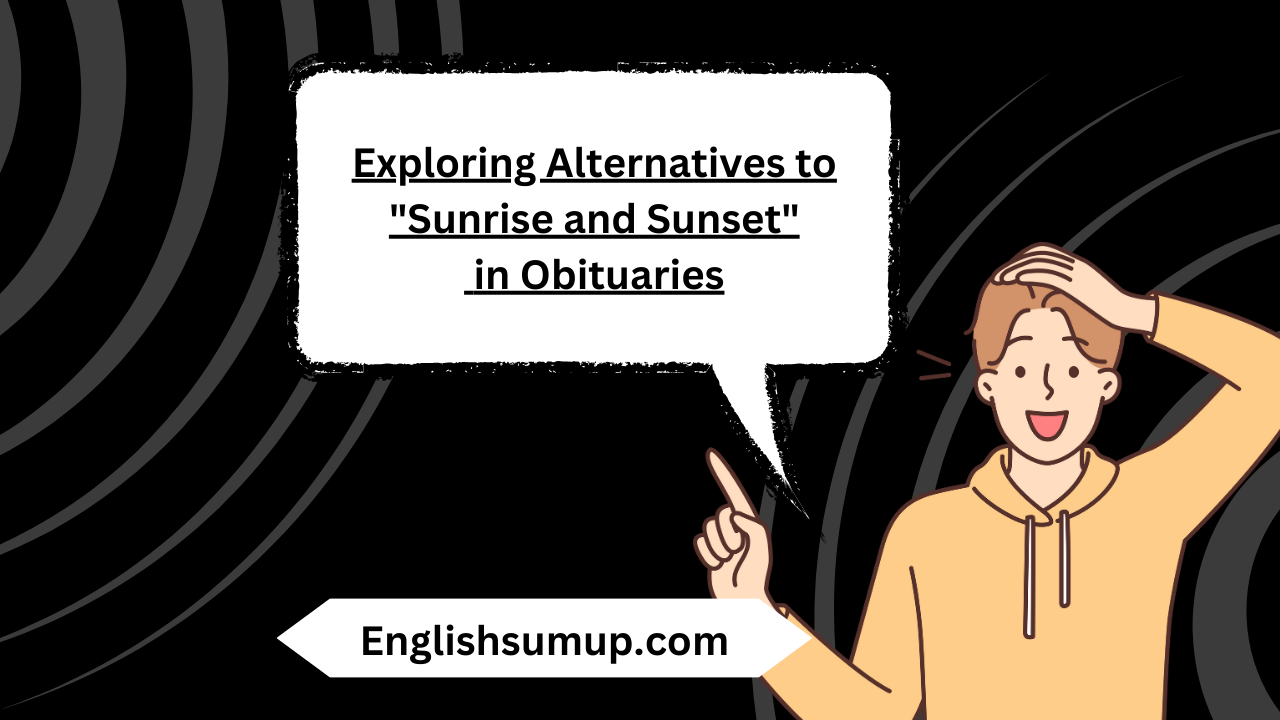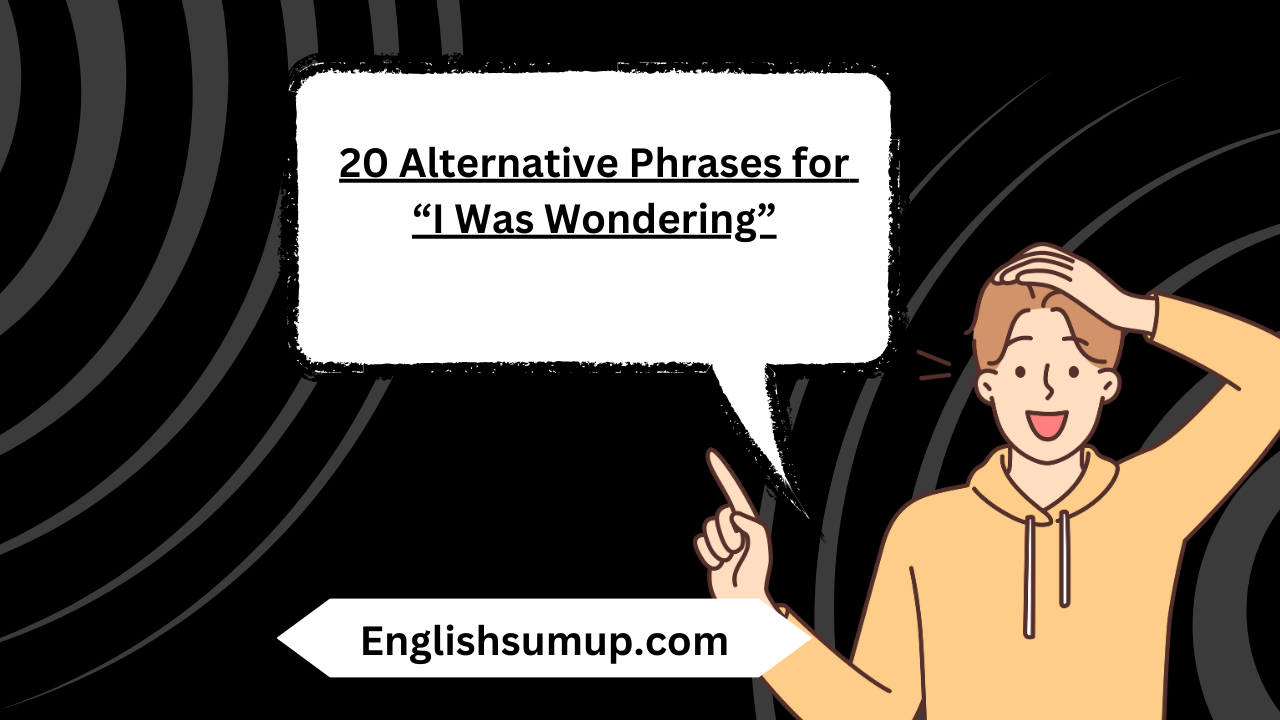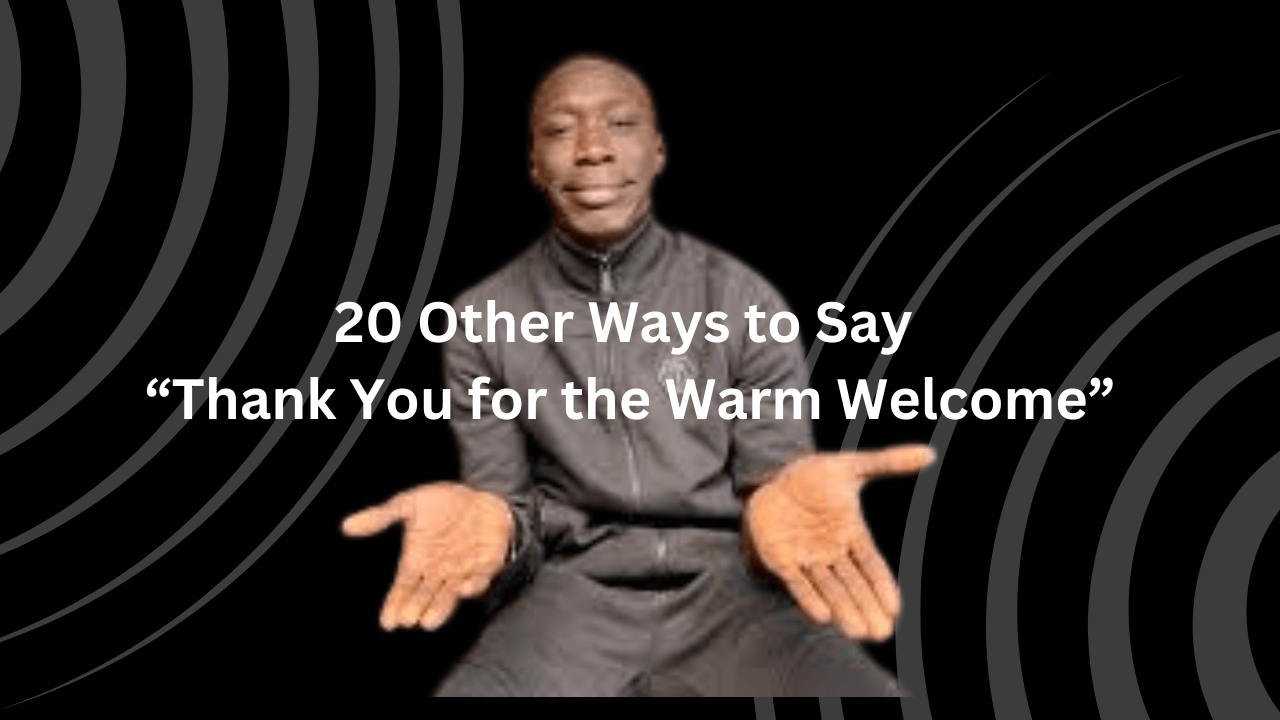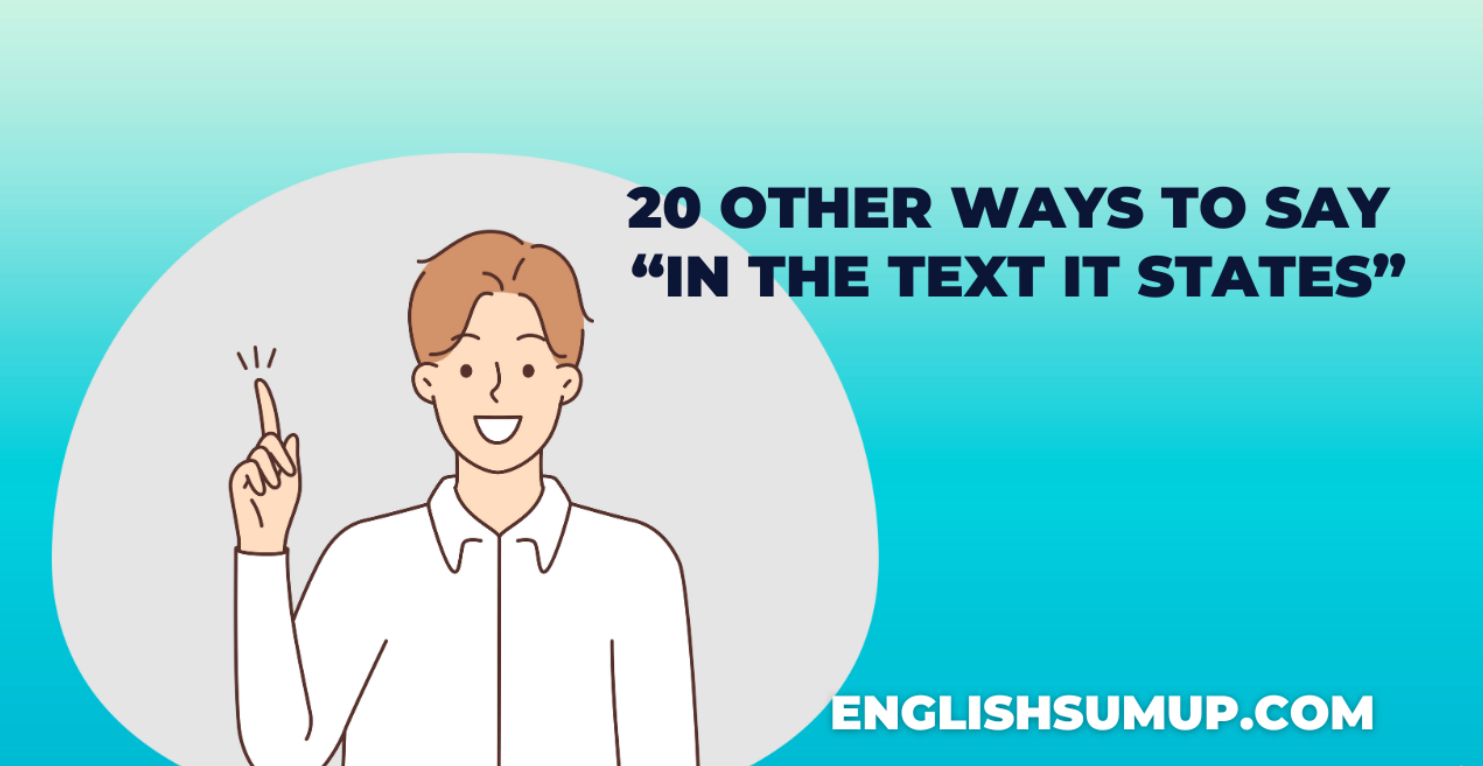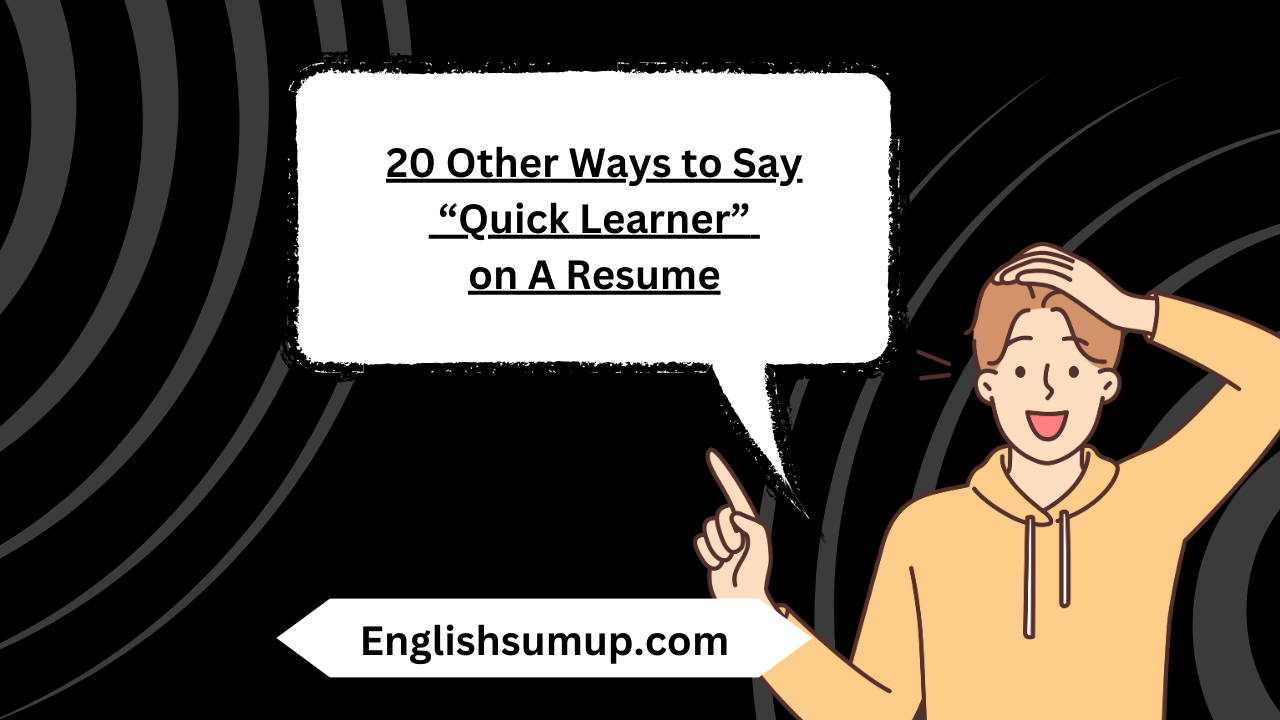In professional communication, ending a conversation or correspondence with a polite and formal tone is essential for maintaining professionalism and leaving a positive impression. One common phrase used to conclude a discussion or email exchange is “Talk to You Then.” While this phrase is polite and acceptable, incorporating a variety of formal expressions can enhance professionalism and build stronger relationships in the workplace.
Why Should We Use Formal Ways to Conclude Conversations?

Professionalism: Ending communication on a formal note demonstrates respect and professionalism, reflecting positively on your image in the workplace.
Courtesy: Formal language shows consideration for the recipient and acknowledges the importance of their time and attention.
Clear Communication: Using formal phrases helps ensure clarity and avoids misunderstandings, especially in professional contexts where precision is crucial.
Building Relationships: Ending conversations on a formal and courteous note helps foster positive relationships and creates a professional atmosphere conducive to collaboration.
You May Love This One: 20 Alternate Phrases for “I Would Love To”
Pros:
- Enhances professionalism and leaves a positive impression.
- Demonstrates respect and courtesy towards the recipient.
- Contributes to clear and effective communication.
- Contributes to building strong professional relationships.
Cons:
- May seem overly formal in casual or informal settings.
- Requires careful selection and understanding of appropriate phrases for different contexts.
- Can sometimes feel rigid or impersonal if not used appropriately.
List of 20 Formal Ways to Say “Talk to You Then”

“Looking forward to our next conversation.”
This phrase expresses anticipation and eagerness for the next discussion.
Email Template:
Subject: Looking Forward to Our Next Conversation
Dear John,
I enjoyed our recent conversation and am looking forward to our next discussion. Your insights were valuable, and I anticipate further productive exchanges.
Best regards,
Devon
“I anticipate speaking with you again soon.”
This phrase communicates expectation and readiness for future communication.
Email Template:
Subject: Anticipating Speaking with You Again Soon
Dear Devon,
Thank you for our recent discussion. I anticipate speaking with you again soon to continue our collaboration.
Best regards,
Devon
“Until our next discussion.”
This phrase acknowledges the current conversation’s end and suggests a future meeting.
Email Template:
Subject: Until Our Next Discussion
Dear John,
Thank you for our recent discussion. I appreciate your insights and look forward to our next meeting.
Best regards,
Devon
“We’ll reconnect soon.”

This phrase indicates the intention to reconnect for further discussion or follow-up.
Email Template:
Subject: Reconnecting Soon
Dear John,
I appreciate our recent conversation. We’ll reconnect soon to discuss [topic] further.
Best regards,
Devon
“I’ll be in touch shortly.”
This phrase promises imminent communication or follow-up.
Email Template:
Subject: I’ll Be in Touch Shortly
Dear John,
Thank you for our discussion. I’ll be in touch shortly to provide further updates.
Best regards,
Devon
“Until we speak again.”

This phrase acknowledges the end of the current conversation and suggests future communication.
Email Template:
Subject: Until We Speak Again
Dear John,
It was a pleasure speaking with you. Until we speak again, take care.
Best regards,
Devon
“I look forward to our next interaction.”
This phrase expresses eagerness for the next interaction or engagement.
Email Template:
Subject: Looking Forward to Our Next Interaction
Dear John,
I appreciate our recent interaction and look forward to our next one.
Best regards,
Devon
“We’ll continue this conversation later.”
This phrase suggests a continuation of the current discussion at a later time.
Email Template:
Subject: Continuing This Conversation Later
Dear John,
Thank you for our discussion. We’ll continue this conversation later to explore [topic] further.
Best regards,
Devon
“I’ll reach out to you again soon.”
This phrase indicates the intention to initiate further communication or follow-up.
Email Template:
Subject: Reaching Out Again Soon
Dear John,
Thank you for our recent conversation. I’ll reach out to you again soon to discuss [topic] further.
Best regards,
Devon
“Until next time, take care.”
This phrase bids farewell and expresses a wish for the recipient’s well-being until the next interaction.
Email Template:
Subject: Until Next Time, Take Care
Dear John,
It was a pleasure speaking with you. Until next time, take care.
Best regards,
Devon
“We’ll pick this up later.”
This phrase indicates a temporary pause in the conversation with the intention to resume at a later time.
Email Template:
Subject: Picking This Up Later
Dear John,
Thank you for our discussion. We’ll pick this up later to delve deeper into [topic].
Best regards,
Devon
“I’ll be in contact soon.”
This phrase assures the recipient of forthcoming communication or follow-up.
Email Template:
Subject: Being in Contact Soon
Dear John,
I appreciate our recent conversation. I’ll be in contact soon to discuss [topic] further.
Best regards,
Devon
“Looking forward to catching up again.”
This phrase expresses anticipation for reconnecting and catching up in the future.
Email Template:
Subject: Looking Forward to Catching Up Again
Dear John,
It was great speaking with you. Looking forward to catching up again soon.
Best regards,
Devon
“We’ll touch base again soon.”
This phrase indicates the intention to reconnect or follow up on the current discussion in the near future.
Email Template:
Subject: Touching Base Again Soon
Dear John,
Thank you for our discussion. We’ll touch base again soon to review our progress on [topic].
Best regards,
Devon
“I’ll follow up with you shortly.”
This phrase promises prompt follow-up or additional information.
Email Template:
Subject: Following Up Shortly
Dear John,
I appreciate our conversation. I’ll follow up with you shortly with further details on [topic].
Best regards,
Devon
“Until our next meeting.”
This phrase signifies the conclusion of the current interaction with anticipation for the next meeting.
Email Template:
Subject: Until Our Next Meeting
Dear John,
It was a pleasure speaking with you. Until our next meeting, take care.
Best regards,
Devon
“We’ll resume this discussion later.”
This phrase suggests a temporary halt in the conversation with plans to continue at a later time.
Email Template:
Subject: Resuming This Discussion Later
Dear John,
Thank you for our discussion. We’ll resume this discussion later to explore [topic] further.
Best regards,
Devon
“I’ll keep you posted.”
This phrase promises to provide updates or new information in the future.
Email Template:
Subject: Keeping You Posted
Dear John,
I appreciate our conversation. I’ll keep you posted on any developments regarding [topic].
Best regards,
Devon
“We’ll reconvene at a later time.”
This phrase suggests a planned meeting or gathering at a future time.
Email Template:
Subject: Reconvening at a Later Time
Dear John,
Thank you for our discussion. We’ll reconvene at a later time to further discuss [topic].
Best regards,
Devon
“Looking forward to our next correspondence.”
This phrase expresses anticipation for future communication or correspondence.
Email Template:
Subject: Looking Forward to Our Next Correspondence
Dear John,
It was a pleasure speaking with you. Looking forward to our next correspondence.
Best regards,
Devon
You May Love This One: 20 Alternative Phrases for “I Was Wondering”
Conclusion
In professional communication, using formal ways to conclude conversations or correspondence is essential for maintaining professionalism, demonstrating respect, and fostering positive relationships. While “Talk to You Then” is a polite and acceptable phrase, incorporating a variety of formal expressions can enhance professionalism and leave a lasting impression on your recipients.
Throughout your interactions, remember the significance of ending on a formal note to uphold professionalism and strengthen your professional relationships. By incorporating these formal expressions into your communication repertoire, you can elevate the tone of your conversations and leave a lasting positive impression on your colleagues and contacts.
FAQ’s
Q: When should I use formal ways to conclude conversations?
A: Formal ways to conclude conversations should be used in professional settings, such as business meetings, email exchanges with clients or colleagues, and formal correspondence.
Q: Are there any situations where informal language is appropriate?
A: Yes, informal language may be suitable for casual conversations with close colleagues or friends within appropriate contexts. However, it’s essential to maintain professionalism in most professional settings.
Q: How can I ensure my use of formal language is appropriate?
A: Pay attention to the tone and formality of the conversation or correspondence, and tailor your language accordingly. When in doubt, err on the side of formality to maintain professionalism.




